Once the battle of Waterloo was over, Napoleon returned to Paris, where he was forced to abdicate on June 22, 1815. He subsequently fled to the coastal town of Rochefort, where he boarded a ship with the aim of reaching the United States.
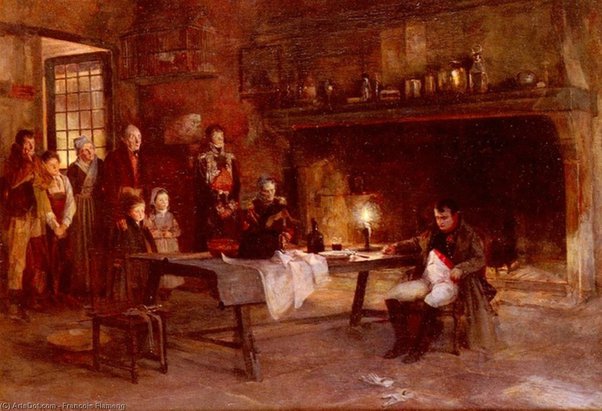
This was confirmed by a relative of his in a letter of the time. However, as the “Sire” didn’t want to go through the shame of being trapped by “the English ships hidden in the hold of a ship” (??), he ended up surrendering to the British on July 15, 1815.
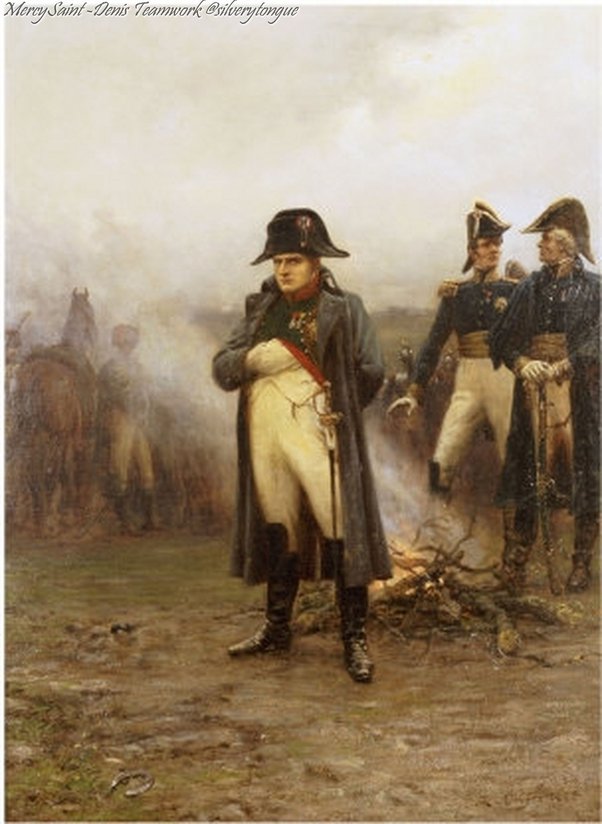
Three months later he was banished to Santa Elena, where he lived until his death six years later.
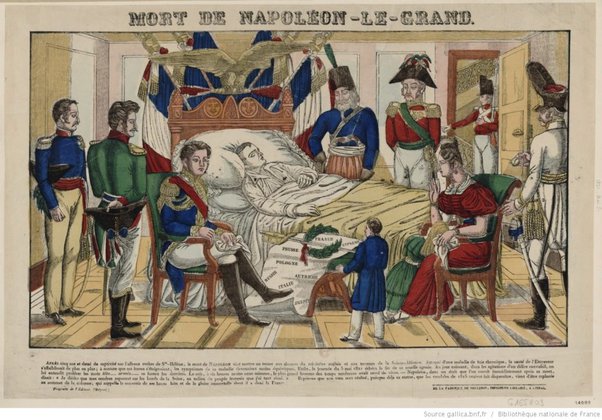
Napoleon was exiled because the execution of monarchs is never a wise decision.
Exile was the most common form of punishment for aristocrats since the Middle Ages, simply because it avoided the messy political problems associated with killing someone important, i.e., galvanizing resistance movements, creating a martyr, establishing a dangerous precedent, and so on.
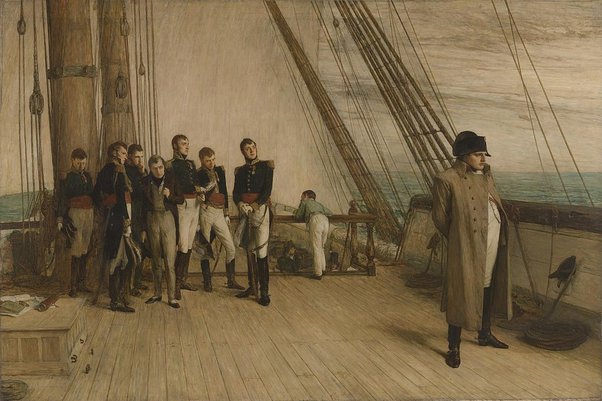
However, the failure of Napoleon’s first exile marked a break from the surety with which this tradition was held, and was enforced through his being cast out to the middle of the South Atlantic Ocean, in Santa Helena.
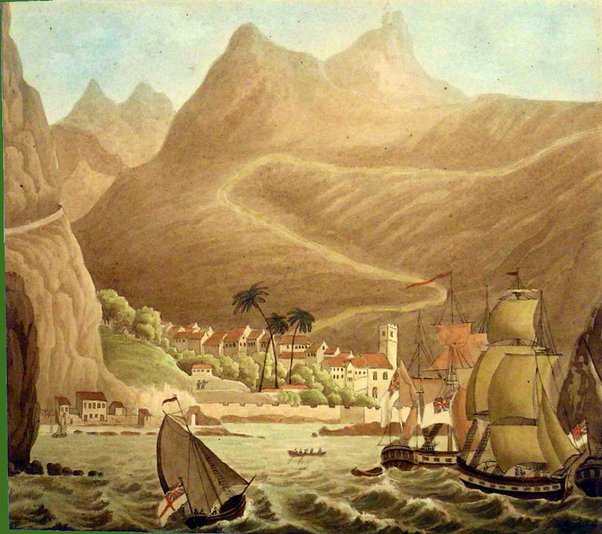
For Napoleon, this is an especially important concern, because his exile is a tacit admission of his status and clout.
It’s always a controversial topic because he technically was not a noble by birth or blood, and could have been killed like any other insurrectionist leader.
However, he was crowned emperor by the Pope. Thus, it leads into understandably complex waters about his political status, and whether or not he meets the requisite protections of the ruling status quo.
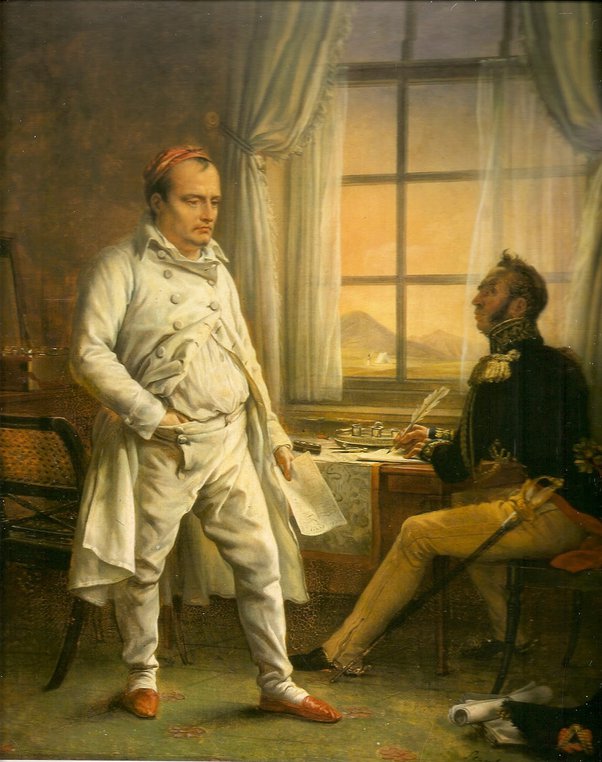
In deciding his fate, the Congress of Vienna was very conscious of the implications that his legacy would have upon the development of France, so recently removed from their Revolutionary Spirit of the 1790’s.
They ultimately decided to try and avoid making Napoleon into a martyr, and exiled him.

In doing so, however, the European nations essentially reaffirmed the values of meritocracy by which Napoleon rose to the title of Emperor when they treated him as an equal instead of as a low-born peasant.
As a result, Napoleon did not simply fade from memory with distance, but rather became enshrined in the glorious memory of the revolutionary era that remained a pervasive ideology in French Society until the start of the 20th century.

Source: Quora






